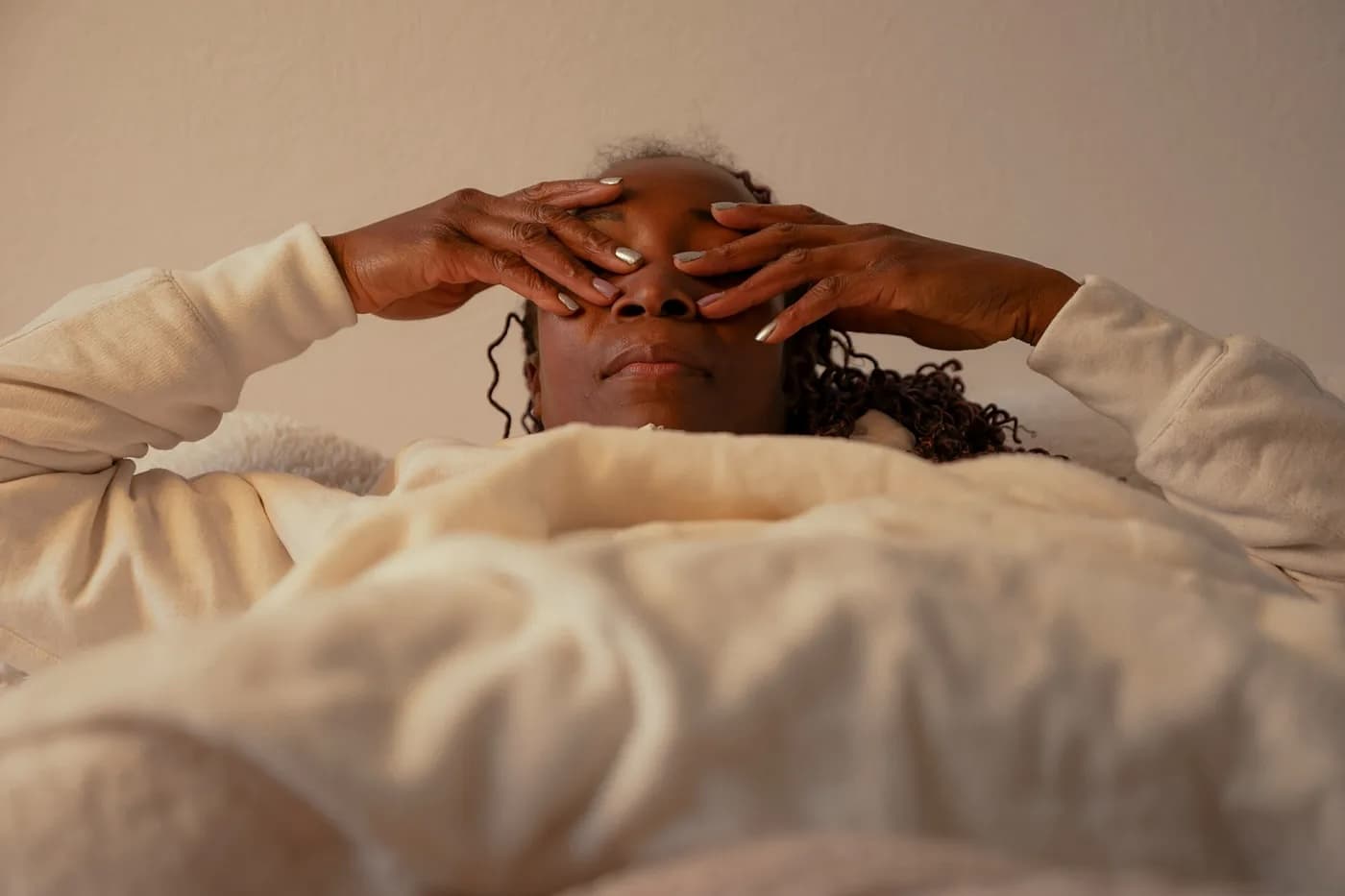The Science of Sleep Deprivation in New Parents: What You Need to Know
March 23, 2025

Just sleep when the baby sleeps.
This advice is not always practical. As your brain undergoes matrescence, it's actually becoming more attuned to your baby's needs, making you a lighter sleeper. While this is an adaptive change, it can exacerbate feelings of exhaustion. As a psychologist, I would like to offer a different piece of advice:
Get as much help as you can, so you can sleep as much as you can.
Sleep deprivation is a universal challenge for new parents, with 70% of mothers reporting severe sleep issues in the first year postpartum. But the impact extends beyond just feeling tired — it can significantly affect your mental health and ability to bond with your baby (Baattaiah et al., 2023). No, there is no magic formula for being a well-rested postpartum parent, but there are ways you can steal a few more moments of sleep and protect your brain while it is reorganizing and rewiring during matrescence — a sensitive neurocognitive period for birth moms.
Get as much help as you can, so you can sleep as much as you can
Okay, so we are sleepy, we know we need help. Who should we ask for help? Contrary to popular belief, research shows that fathers often get less total sleep than mothers in the early postpartum period. However, mothers' sleep is more frequently disrupted, which can be equally if not more detrimental to cognitive function and emotional well-being (Gay, Lee, & Lee, 2005). This means that if your child has a father who lives with you, we should not assume that dad will be the most helpful person at all times because he's likely sleepy too.
Many people are unaware that they can enlist the professional help of a postpartum doula to support during those sleep deprived days and nights. Doulas, postpartum doulas, and night nurses are especially trained to provide a range of services that can help you get more sleep. It wasn't until I was 2 YEARS postpartum with my second child that I learned about postpartum doulas. Turns out that some insurance companies will cover postpartum doula support.
Understanding the science behind postpartum sleep challenges can help normalize your experience and guide you towards effective coping strategies.
Knowledge is power, but the more we know the more we can take action to get the help we need. At tara, we help moms and birthing people do a basic needs assessment so that they can decide what help they need and make a plan for reaching out to personal or professional helpers. Are you with tara?

